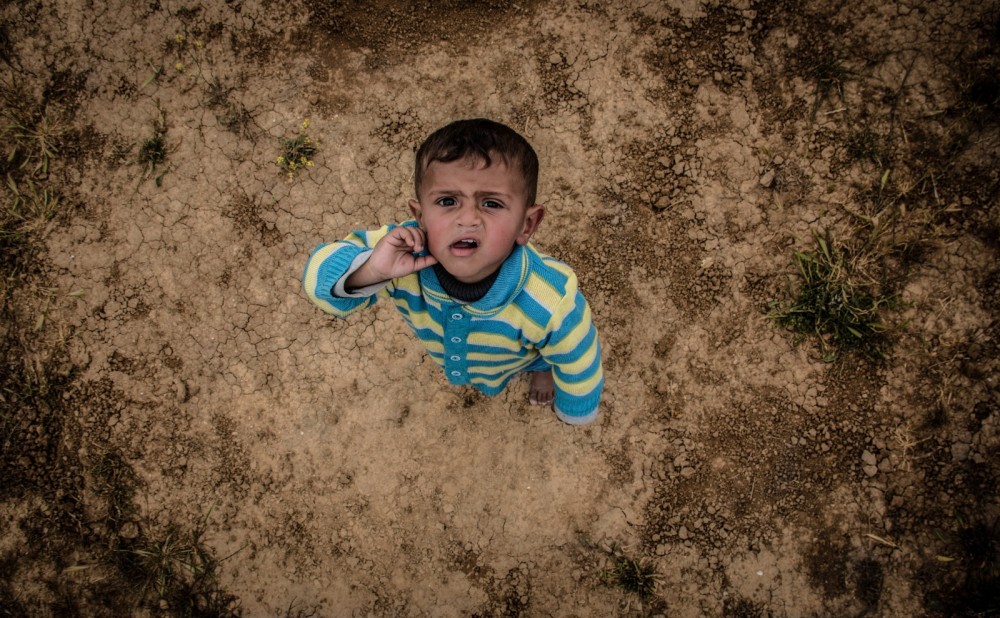David Philip Harrold 1 and Mohamed Ali Altawil2
The Child, the Family and the Community: Overcoming Trauma in Gaza By David Philip Harrold 1 and Mohamed Ali Altawil2 Palestine Trauma Centre(UK), www.ptcuk.org October 2011
1 David Harrold: He is a Special Needs Learning Support tutor at the University of Hertfordshire and has done mental health drama work with children, and with adults who have learning difficulties. He is joint Chairman of Palestine Trauma Centre (UK) with Dr. Mohamed Altawil. David is working on drama projects for children.(diddeus@aol.com)
2 Mohamed Altawil, PhD: He works as a Research Fellow at the School of Psychology, University of Hertfordshire. He is the co-ordinator of the Intervention Research project, which is about adapting/developing a Family Therapy Approach to the treatment of traumatized children and their families after the war in Gaza. Also, he works a free lancer as clinical psychologist and he is still acting as a volunteer director for PTC-Gaza and PTC(UK).
A nine year old boy runs beside his father. They run from gunfire. The boy’s father drops to the ground. The
boy runs on for a bit then stops, turns and sees his father lying there, still. Soldiers approach from the end of
the street. The boy has a rush of fear and continues to run.
This happened during Operation Cast Lead, the Israeli invasion of Gaza from December 2008 – 9. Since
then, the boy has become the senior male figure in his family. He has a beautiful smile and a faraway look in
his eyes. He is calm, but how do we interpret his experience in 2009 and its remaining effect on him? Earlier,
there had been signs of Post Traumatic Stress Disorder – nightmares, withdrawal from social
communication, difficulties in sustaining concentration – but thanks to support from the broad family
network, his symptoms are less pronounced. This support is crucial and is the basis for additional
intervention from mental health workers in the area who visit the family and offer therapeutic guidance.
The boy has experienced a double trauma: first witnessing the killing of his father and secondly the dreadful and undeserved feeling of shame that he ran away when he feels he should have stayed to help. Should the boy be invited to talk about all this or encouraged to avoid looking at it? During 2010 – 2011, therapy work concentrated on building resilience inside the child, providing positive, uplifting, normal childhood experiences. A Family Therapy Project integrated positive forces in the family, then friends and other community resources to help him function productively on a day-to-day level.
Many organisations in Gaza provide play therapy, artistic projects and community activities to bring children together to reinforce their youthful capacity for psychological regeneration. One day, perhaps, the boy will talk about his traumatic experience in 2009. For now, support mechanisms for recreating normality are the priority. So, this generation of young people in Gaza will have experienced not only the horror of Operation Cast Lead, but also the community-based initiatives that have set in motion a recovery process.




